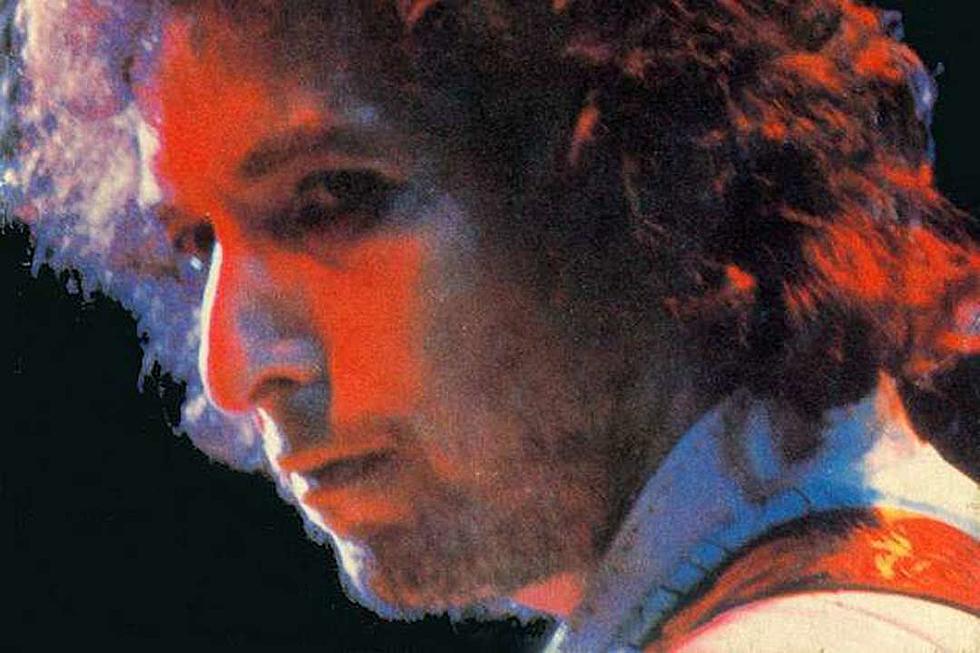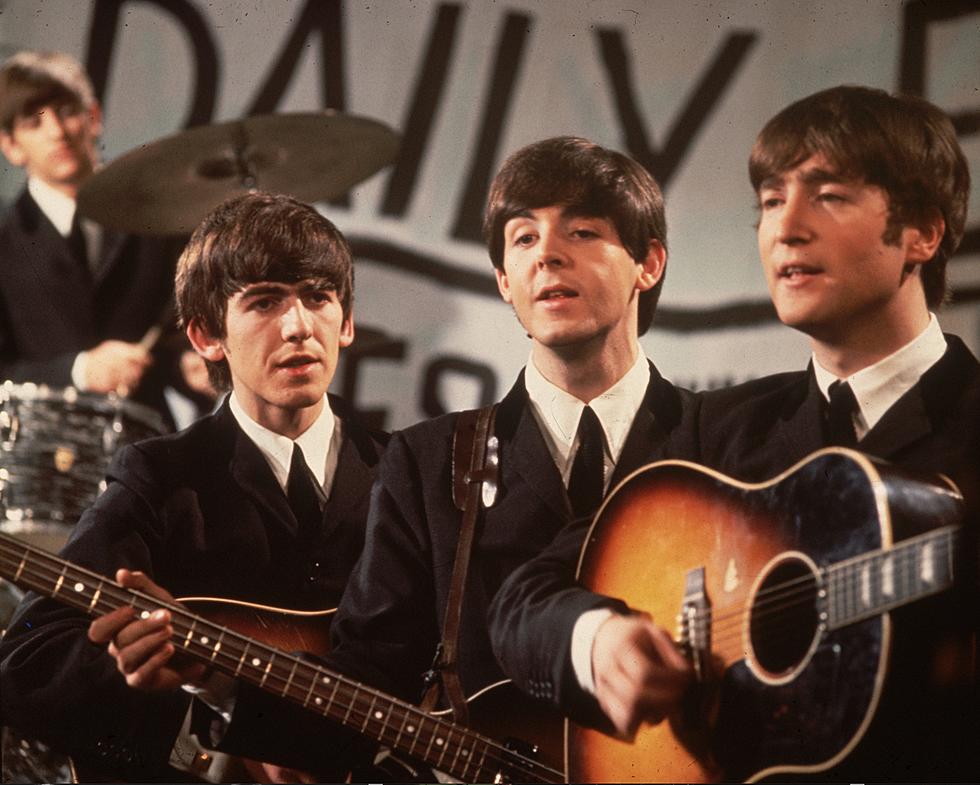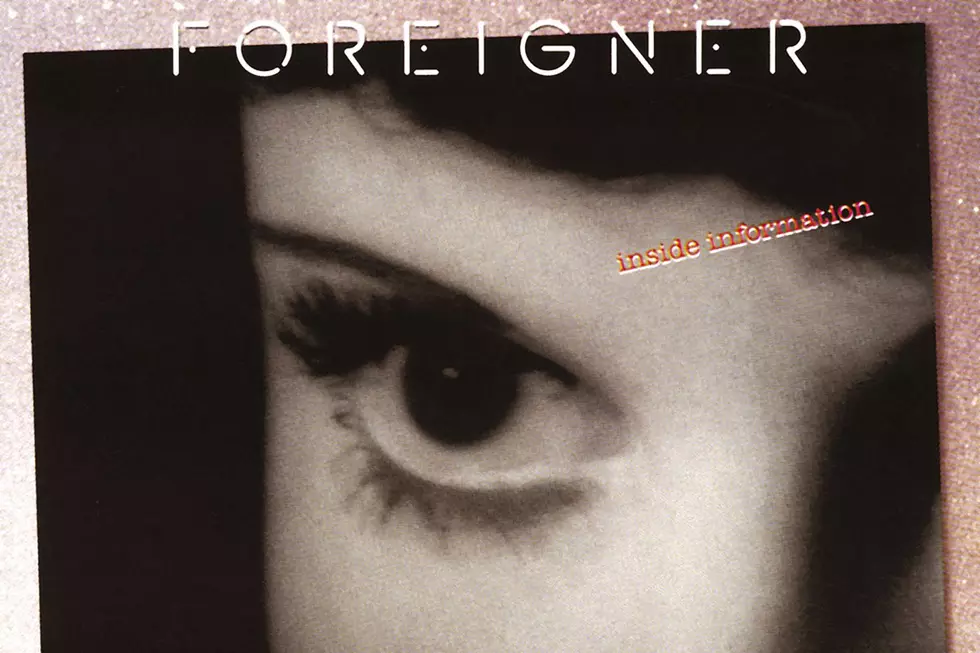
When Bob Dylan Revisited His Past on the Confusing ‘At Budokan’
With Bob Dylan at Budokan, released in April 1979, the singer began willfully deconstructing the legend that had built up around his work. This radical re-imagining of his most familiar songs would become a hallmark of his concert approach from there on out, but at the time, some critics and fans were utterly dismayed.
Fast forward a few decades, and the album is open to more criticism for its sluggish, large-band approach to music making (Steve Douglas offers a garrulous sax when he's not ruining things with a flute, while something like a half-dozen background singers wail) than for Dylan's impetuous fiddling with the original arrangements.
Dig beneath that Phil Spector-ish avalanche of sound, and you'll actually find a few moments of entertaining musical showmanship -- not to mention some of the better late-career vocal performances from Dylan. Unfortunately, there's a lot of digging to do in this period-piece production.
Recorded during his performances on Feb. 28 and March 1, 1978, Bob Dylan at Budokan could rightfully be called "a shock, a sacrilege and an unexpectedly playful bonanza," as Janet Maslin wrote in Rolling Stone at the time.
Most have focused on the "sacrilege" part, but in retrospect Dylan was only just beginning to pull apart the myth that surrounded his earliest work onstage, blunting the impact of these initial forays.
If "Like a Rolling Stone" had lost much of the force it gathered when Dylan reworked the song for his 1974 tour with the Band, and "Knockin' on Heaven's Door" sounded awfully weird as a reggae number, he was still able to add new shadings to more recent offerings like "Oh, Sister" and "Shelter From the Storm." And if "I Want You" was slowed to a yawning crawl, "Is Your Love in Vain" opened up new wells of unexpected emotion.
All of it seemed to get lost in the vitriol over the first, without regard to the latter, as if some changes mattered less because the songs were less familiar. Was Bob Dylan at Budokan "a very contentious effort – and, for the most part, a victorious one" (as Maslin said) or filled with songs to be pitied because of their "slipshod treatment" (as Robert Christgau wrote)?
Maybe, in the end, it was a little of both. What it's not, at least not anymore, is all that shocking.
Bob Dylan 'Bootleg Series' Albums
Why Don't More People Like This Bob Dylan Album?
More From KOOL 101.7










